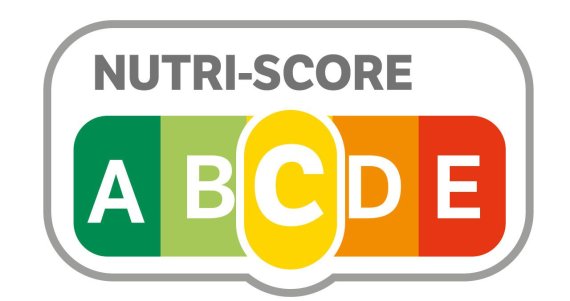Nutri-score, a kind of energy label for food that is already in use in France and Belgium, is intended to help consumers make healthier choices. Products lose points for sugar, saturated fat and salt, and gain points for things like fibre and protein. Dutch supermarket chains and the Consumer Association are enthusiastic. But scientists are not so convinced. A group of more than 160 nutrition scientists and experts wrote a letter in protest, which they handed over to Blokhuis personally on Tuesday 5 November.
Their chief criticism is that Nutri-Score is not in line with the recommendations enshrined in the ‘Schijf van Vijf’, a pie chart with the ingredients of a healthy diet that is used in the Netherlands. ‘Take a product like olive oil,’ says De Graaf. ‘That is in the Schijf van Vijf, but scores a D or an E in Nutri-Score. And white and wholemeal bread both get an A.’ He thinks this is because the score is based on French guidelines. ‘French eating habits are different to Dutch ones. So the guidelines are different too.’ Conflicting recommendations are confusing for consumers, says De Graaf, and could damage confidence in the Nutrition Centre and the government. The writers of the letter want the government to take time to develop a Dutch version of Nutri-Score. They are going to discuss this with the ministry of Public Health, Welfare and Sport. A decision will be taken mid-November.

 Photo: Wikimedia commons
Photo: Wikimedia commons